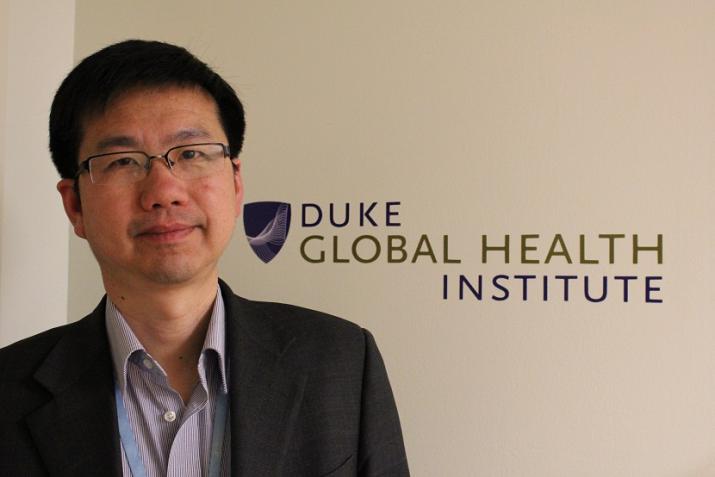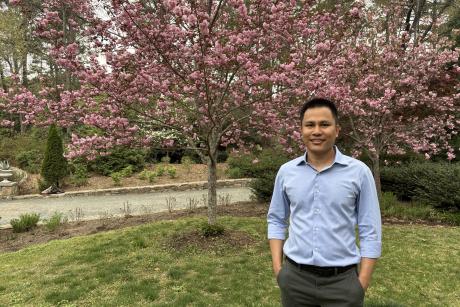The National Assembly of The Lao People’s Democratic Republic has pledged its support of a health sector reform strategy that was developed by a team led by DGHI faculty member Shenglan Tang.
Tang was appointed by the World Health Organization (WHO) and the Ministry of Laos to lead a technical team, consisting of WHO senior staff and representatives from other development agencies, to develop a set of recommendations for achieving quality health care in Laos. The National Health Sector Reform Strategy, submitted through WHO, was endorsed by the National Assembly on December 20, 2012.
Despite notable but slow progress made in recent years, Laos still faces serious health challenges as one of the poorest countries in Southeast Asia. Particularly in the rural and mountainous regions of Laos, people lack access to quality health care and trained health workers, adequate immunization services for children, proper sanitation and water supply. People are suffering from diseases like malnutrition, neglected tropical diseases and malaria.
The goals of the National Health Sector Reform Strategy are to achieve the health Millennium Development Goals by 2015 and universal health coverage by 2025 through new policies and measures that ensure health care is accessible, equitable, affordable and sustainable. The strategy provides a roadmap with key steps for achieving those objectives.
“Such an endorsement by the National Assembly will give the Ministry of Health and other agencies in Laos the political leverage it needs to obtain more public resources for health care in the years to come,” says Tang, professor of medicine and global health at the Duke Global Health Institute, who has advised many international organizations and governments of developing countries on health reform. “Therefore, it is a milestone for Lao’s health development, as both the government and the national legislative body have committed to achieving universal health coverage by 2025.”
Tang’s team advised the Laos government to increase government health spending for delivery of essential services, hiring more skilled and motivated health workers, making essential medicines and medical technologies more widely available, investing in referral hospitals and specialized care, effectively organizing and managing service delivery, and establishing an effective health information system to monitor progress. In addition, it will be essential to work toward strong leadership and governance of the nation’s health sector.
The strategy also calls on the national government to bring together stakeholders from various sectors and levels of government to develop clear policies and allocate sufficient resources for reaching universal health coverage. The country’s rapid economic growth over the past decade provides an opportunity for the government to improve the welfare of the people.
With full approval of the National Assembly, the plan will now move toward implementation. Tang says concrete guidelines for implementing the strategy must be developed, including determining what resources are required, where those resources will come from, and which government agencies will be responsible for delivering on specific tasks and goals. Tang recommends the central government put an effective mechanism in place to ensure that the implementation guidelines are met by all stakeholders.
“Donor agencies working in Laos should also provide necessary technical and financial supports to the implementation of the strategy,” said Tang. “In addition, robust monitoring and evaluation of the progress is key to the success of achieving these policy objectives in the years to come.”



